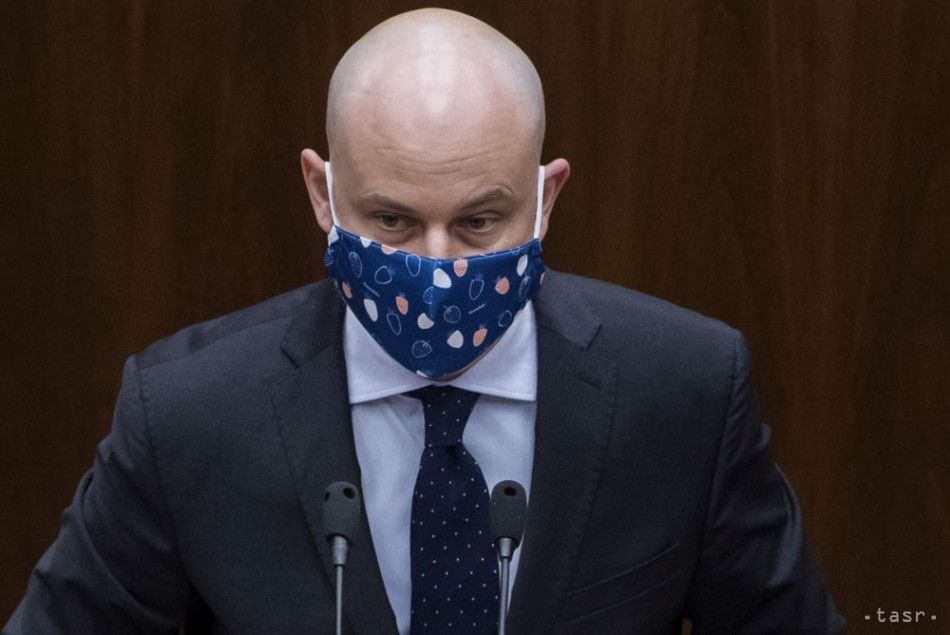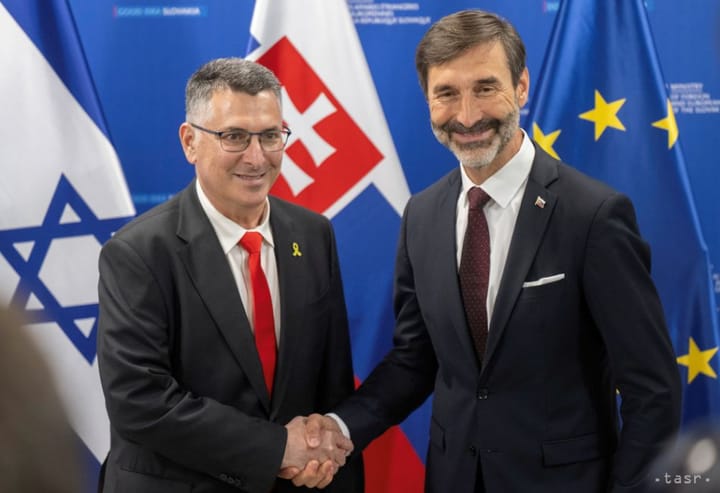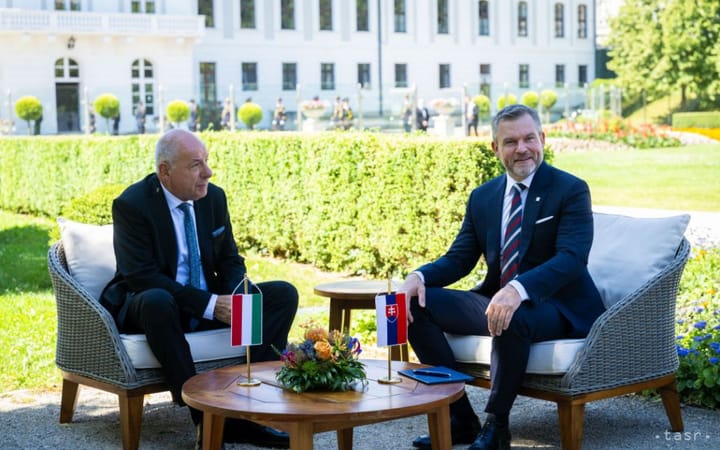Bilcik: CoFoE Gives Slovakia Chance to Express Itself Clearly

Bratislava/Brussels, December 17 (TASR) – The conference on the Future of Europe (CoFoE) is a chance for Slovakia to express itself clearly as to how to change the EU for the better in line with ideas from the public, MEP Vladimir Bilcik (Together) has told TASR.
“At the same time, it’s a chance to show people that the European Union is, first and foremost, all of us who live in Slovakia as well,” added Bilcik.
According to Bilcik, democracy and the independent media are under increasing pressure throughout the Union, and the CoFoE should provide answers as to how to strengthen democratic institutions and the rule of law in EU-member states. “The conference will be successful if it brings courageous ideas on how to make the EU stronger, firmer and more determined,” he said.
The CoFoE is an initiative of the European Commission, the European Parliament and the European Council, which gives citizens of member states the chance to express their views on the future direction of the EU. Bilcik see added value in the Conference in that it brings together representatives of national parliaments, the European Parliament, governments and especially representatives of the public.
“It offers an opportunity not only for broad debates, but also for citizens from all member states to be heard and for their proposals to be translated into concrete political recommendations,” said the Slovak MEP. He noted that the conference should come to specific conclusions by the spring of 2022.
“It’s important to come up with proposals that might win Europe-wide support and be translated into political and legislative steps,” said Bilcik, adding that the Conference will bring something new from every area via the proposals.
Citizens’ panels are part of the Conference on the Future of Europe. A total of 800 representatives of EU citizens were divided into four panels, within which they will meet three times between September 2021 and January 2022. Each panel is attended by an equal number of men and women, and people from both urban and rural areas are proportionally represented.



